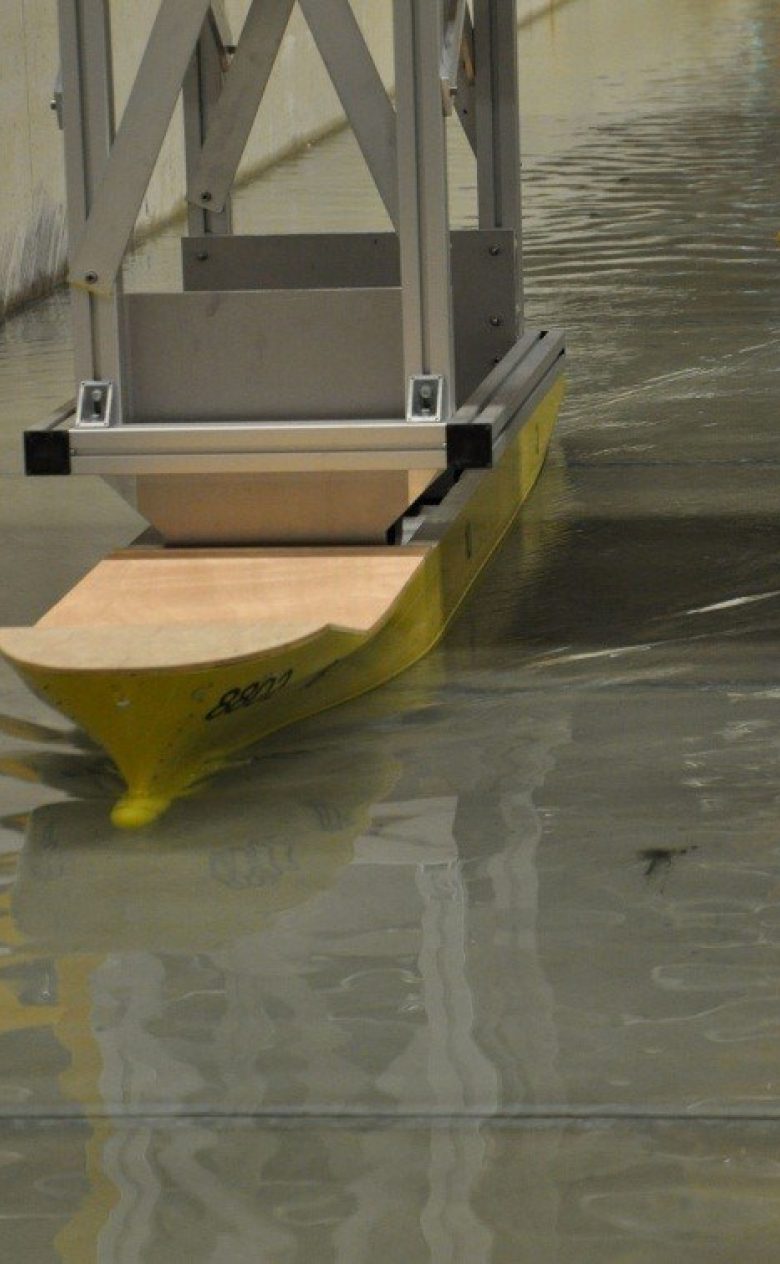Joint Industry Project RoPES: Research on Passing Effects on Ships
In recent years the topic of passing effects on ships has become increasingly important because of increasing vessel sizes and traffic intensities, leading to increased hindrance caused by passing ships. An example is the explosion of the tanker Jupiter in 1990 that drifted off due to broken moorings caused by passing ship effects.

More recently (2006) the LNG carrier Golar Freeze was pulled from its moorings by a passing tanker while discharging LNG at the newly built Elba Island terminal, Savannah, Georgia. Proper functioning of automatic release systems and prompt reactions from the tugs assigned to the terminal avoided further development of a potentially dangerous situation. Every year examples are reported in the press of damage due to passing ship events. Many terminal operators can attest to similar occurrences in the day-to-day business of loading and discharging vessels in busy ports
To gain more insight in the physical effects during passing-ship events the JIP RoPES (short for Research on Passing Effects on Ships) was set up in 2010. Its main objective was:
To provide insight into the effects of passing ships and to validate and develop methodologies for the evaluation of such effects on ships moored in a port in order to provide solutions for existing and new port and terminal developments.
Deltares was one of the partners in the JIP RoPES. More than 25 organisations participated in this JIP, including port authorities, linesmen, pilots, line manufacturers, engineering firms and research institutes. The RoPES JIP focussed on passing ship effects on moored vessels and resulted in a fast, userfriendly, 3D potential flow program for the prediction of passing vessel forces. This model has been validated using dedicated scale model tests and full-scale measurements.

Deltares contributed to the RoPES JIP by:
- reviewing numerical models to calculate passing ship effects on moored ships,
- performing dedicated scale model tests, and
- evaluating the developed 3D potential flow program and alternative methods using the model test data.




